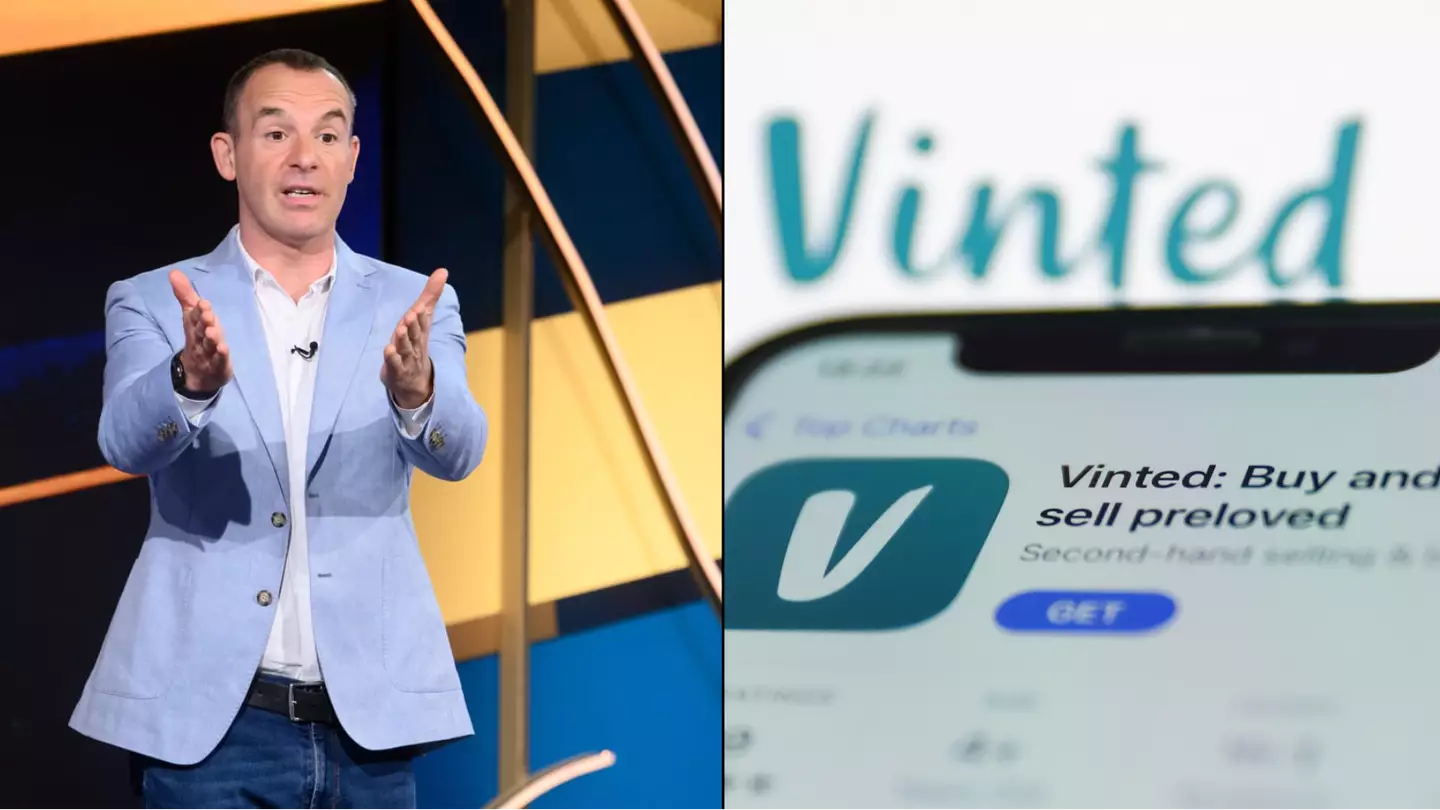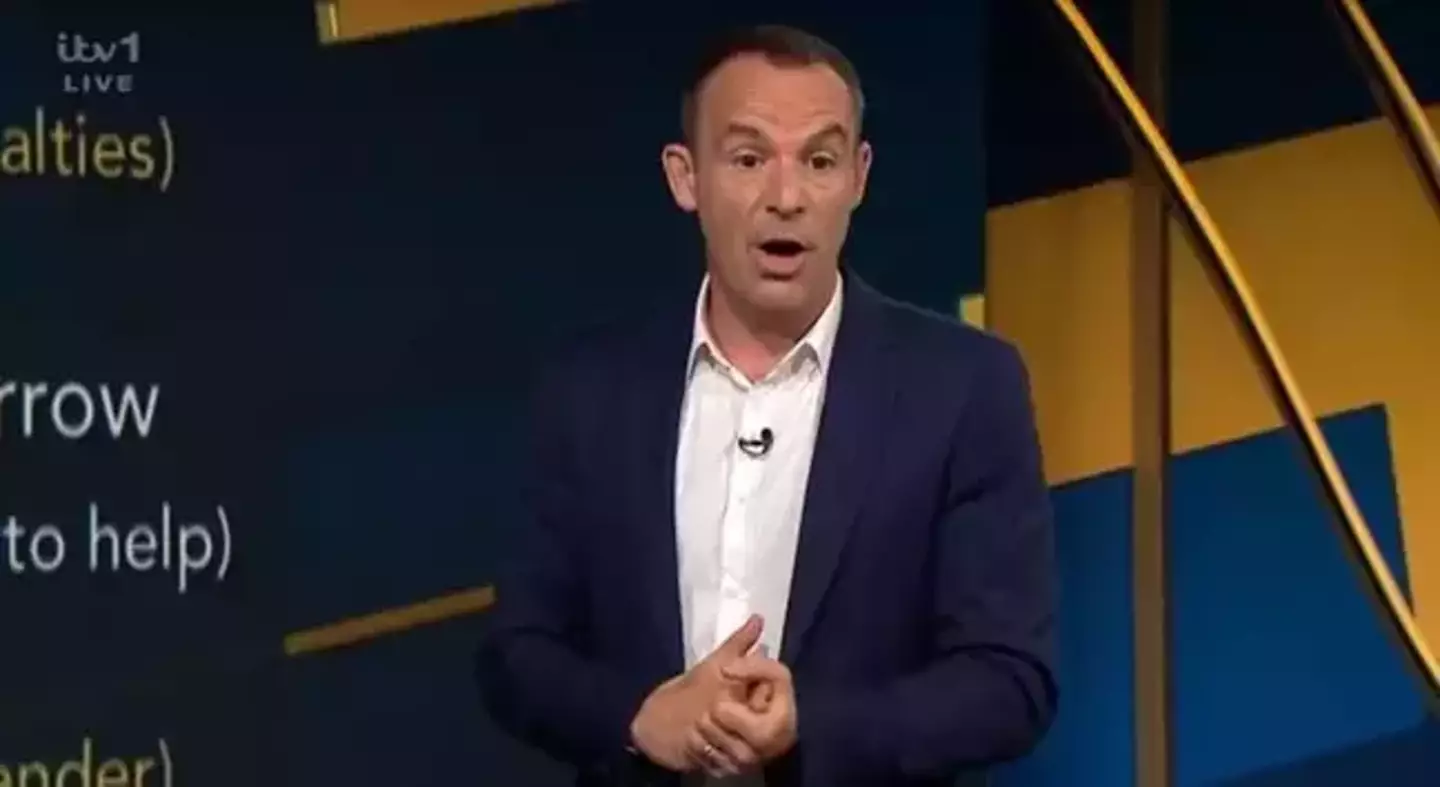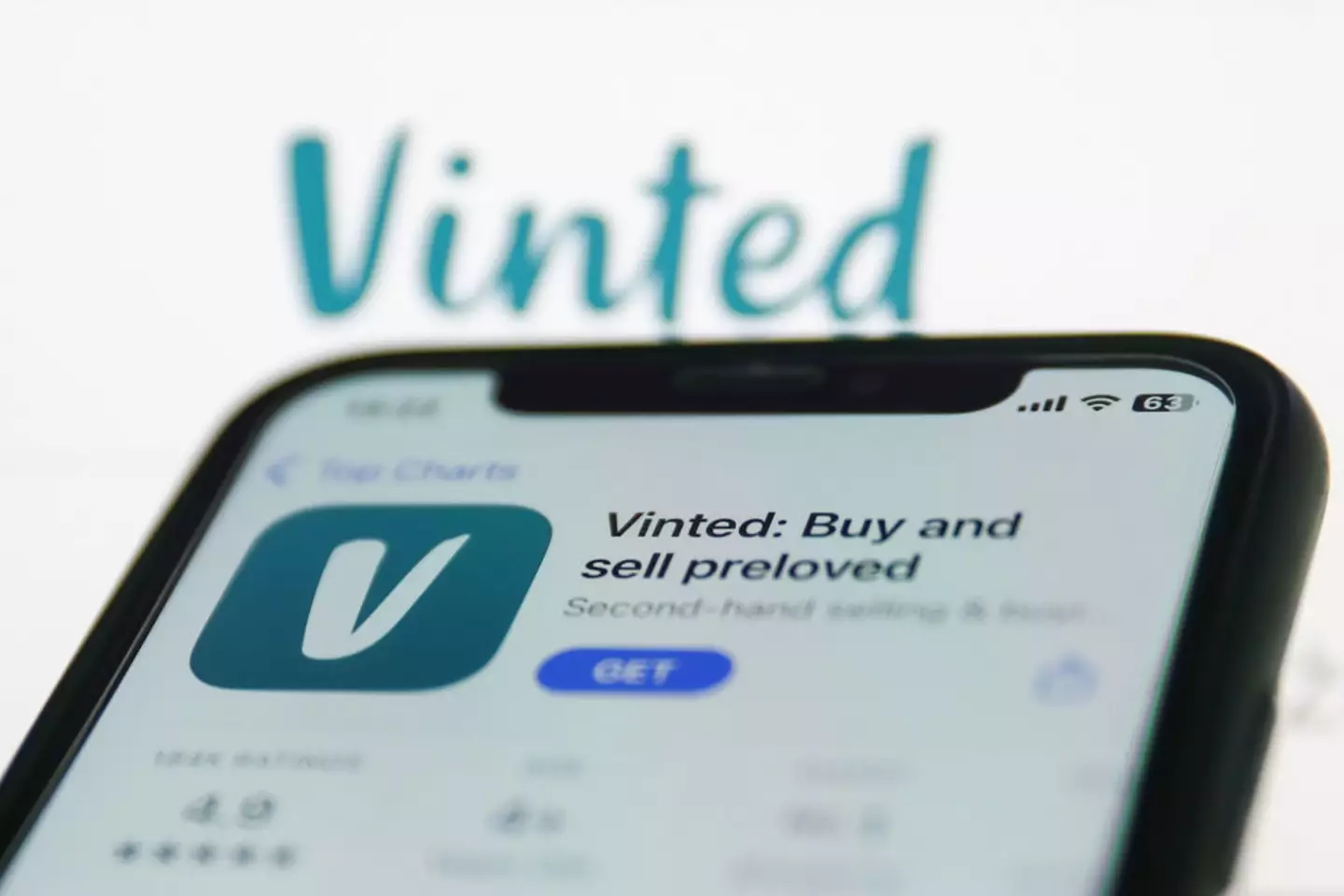
Martin Lewis has issued some advice for people who love selling their old stuff on sites like Vinted and eBay after an announcement which had a lot of them worried.
At the beginning of 2024, HMRC announced it'd be tightening up the rules on people's side hustles such as selling second hand goods online or renting out a property with Airbnb.
These online firms will now be obligated to share details of how much you're making so HMRC can tell if it needs to tax you or not.
Advert
This gave a bunch of folks who regularly sell stuff online the heebie jeebies as they worried that they'd suddenly have to go and pay tax on flogging a few things via the internet.
Fortunately, Martin Lewis and his Money Saving Expert team have got all the information you need to know and for many it's likely not to affect them at all.

He took to X to say he wanted to 'set your mind at rest' after seeing so many people worried in the wake of the HMRC announcement.
Lewis urged people to check how much they were actually making from sites such as Vinted and eBay, as if it was below £1,700 or there were fewer than 30 items being sold then nothing was really going to change.
His site explained that you should check if you need to pay tax, but that most were likely not going to have to fork over any extra money to HMRC.
Basically the change is that HMRC is going from being able to see sellers information for these online trading companies when it needs to, to getting it automatically.
However, your details only get passed on automatically if you're selling 30 or more items a year or make over €2,000 (£1,724) from selling your stuff.

You might need to pay tax if you earn over £1,000 from your selling as people have a tax free allowance of that much for 'trading' transactions.
Then again, someone just selling some old clothes on Vinted is not likely to fall under the definition of 'trading' so they would probably not be taxed anyway.
If you're making or buying things with the intention of selling them then you're probably a trader, but flogging the junk that's been sitting in your garage probably won't count.
According to Lewis' website if you're making £1,000 or less in a tax year from selling your second-hand stuff online then you probably don't need to pay more tax or talk to HMRC.
That figure is a bit squiffy, however, as it's the income you make before the platform itself gets a cut and not the amount you're left with at the end of the transaction.
If you're making over £1,000 it's possible you'll need to tell HMRC and pay some tax, but for the vast majority of people using sites like eBay and Vinted this won't be the case.
Topics: UK News, Money, Martin Lewis